Randwick Council announces big changes to bin collection service
A council has announced widespread changes to its waste services, including alterations into what goes in what bin, how often rubbish is collected and the number of annual bulky goods collections.
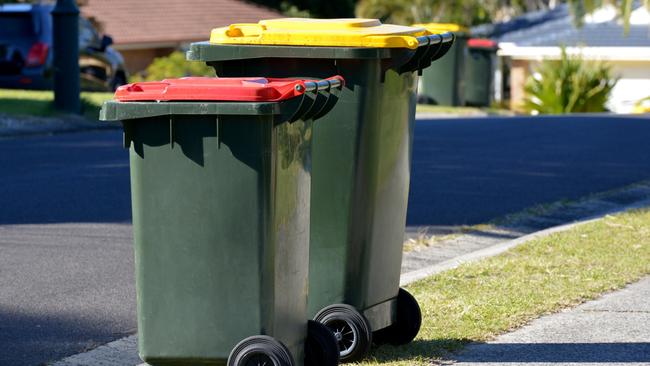
Southern Courier
Don't miss out on the headlines from Southern Courier. Followed categories will be added to My News.
The red-lid garbage bins will be soon be collected fortnightly – not weekly – as part of major changes to the council’s waste strategy.
Randwick City Council’s current schedule will be scrapped at the end of 2020 following changes made by the NSW Environment Protection Authority (EPA).
Previously, council was permitted to take food scraps from the red bins for re-use by farmers who have long-used food organics as fertiliser.
However, the EPA has banned this use of mixed waste organic output due to potential contamination from other items in red-lid bins.
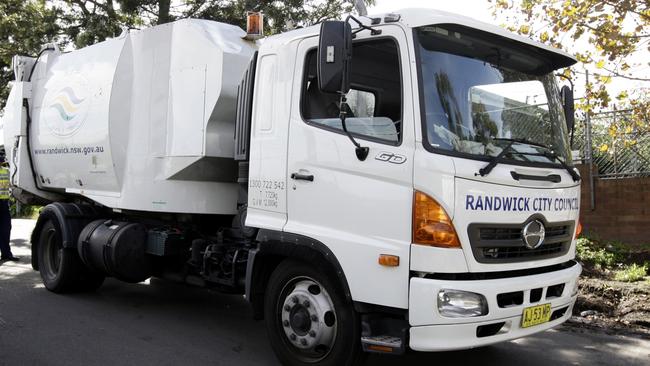
As a result council has been forced to send waste food-organics to landfill.
The new system will result in all dwellings receiving plastic bin caddies and compostable plastic bags for food scraps, which can then be placed in the green-lid bin.
The green bins will then be collected on a weekly basis while the red (garbage) and yellow (recycling) will be fortnightly.
Other councils in NSW have already launched similar systems including Penrith City Council and Lake Macquarie City Council, where there has been significant push-back from residents.
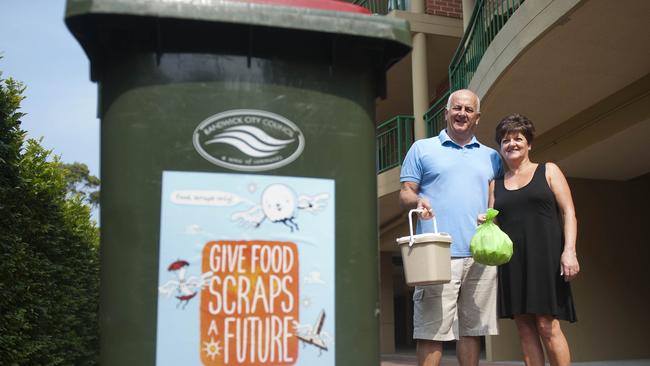
Complaints made include that residents must sort food scraps from other rubbish and that the garbage bin not being collected for two weeks attracts maggots.
Others have raised frustrations that items such as dirty nappies now must sit in the red-lid bin for two weeks.
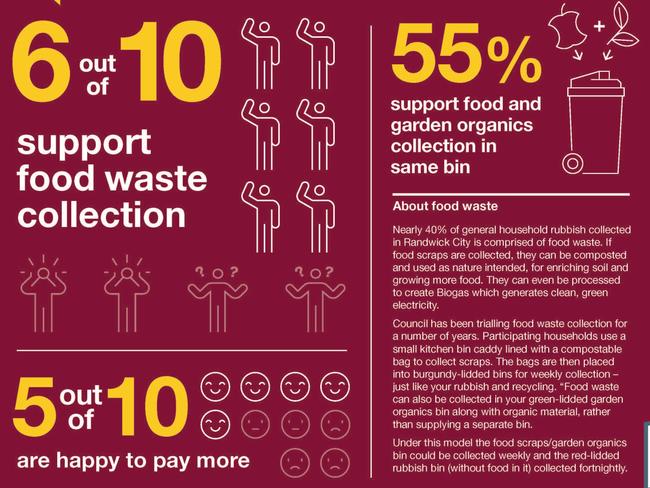
Randwick Council has said it will engage in extensive consultation with the community in the lead up to the change and provide residents with all the information they need to put the right items in the right bin.
The council said a food scraps collection service has already been trialled at 3,600 homes in Randwick.
In the last ratepayers’ survey in July 55% of respondents supported combining food and garden organics collection in the same bin.

Council makes changes to bulky goods pick up
Changes are also being made to Randwick Council’s scheduled clean-up service.
Beginning in early 2020, the council will provide just one scheduled clean-up a year, discarding the second service currently offered.
However, the council will increase the number of on-call clean-ups from two to five.
Previously, the council has offered two scheduled clean-up services a year when bulky items including furniture and white goods can be collected, in addition to two on-call clean-ups which can be made by request.
But this model of four free clean-ups has fallen to the wayside following community consultations.
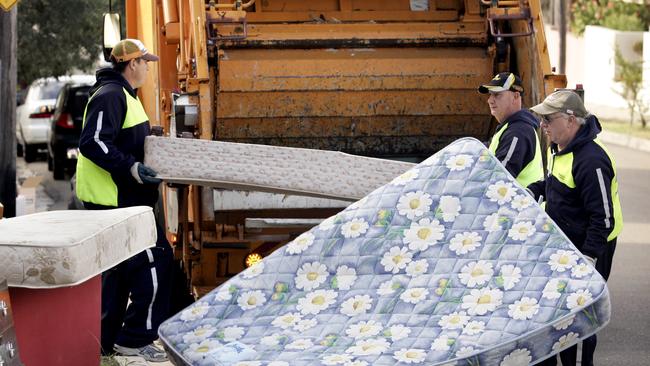
According to a recommendation at the latest council meeting, the second scheduled collection was cut because “there is a higher cost to council to plan, manage and staff scheduled clean-ups compared to on-call clean-ups.”
The council has also said it will increase “flexibility and convenience” for residents.
The council said the first yearly clean-up is more widely used than the second.
Data shows that in 2018 the first scheduled collection picked up 1,378 tonnes of rubbish, while the second clean-up collected just 676.86 tonnes.
With one less scheduled clean-up, the council has decided to increase the number of on-call collections available to each dwelling from two to five, meaning residents will be able to request more clean-ups at times that convenience them.
Randwick Mayor Danny Said believes people living in apartments will benefit the most.
“If you’re moving home and want to get rid of some things...many people don’t have the space to store items while waiting for council’s next scheduled clean-up,” he said.
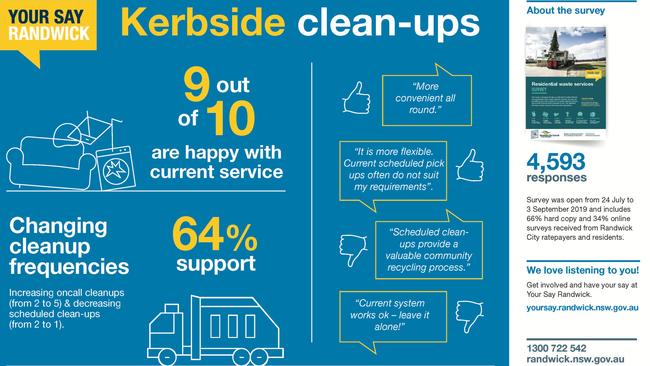
“These changes from 2020 will offer more flexibility to book a clean-up when it suits you.”
The last ratepayers’ survey in July, which received almost 5,000 responses, indicated that 64 per cent of respondents supported the change, yet 88 per cent also stated they were “happy with the current service”.
Residents will be made aware of the dates for the only scheduled clean-up when they receive their waste calendars in late December or early January.
A free clean-up can be requested and booked here.
